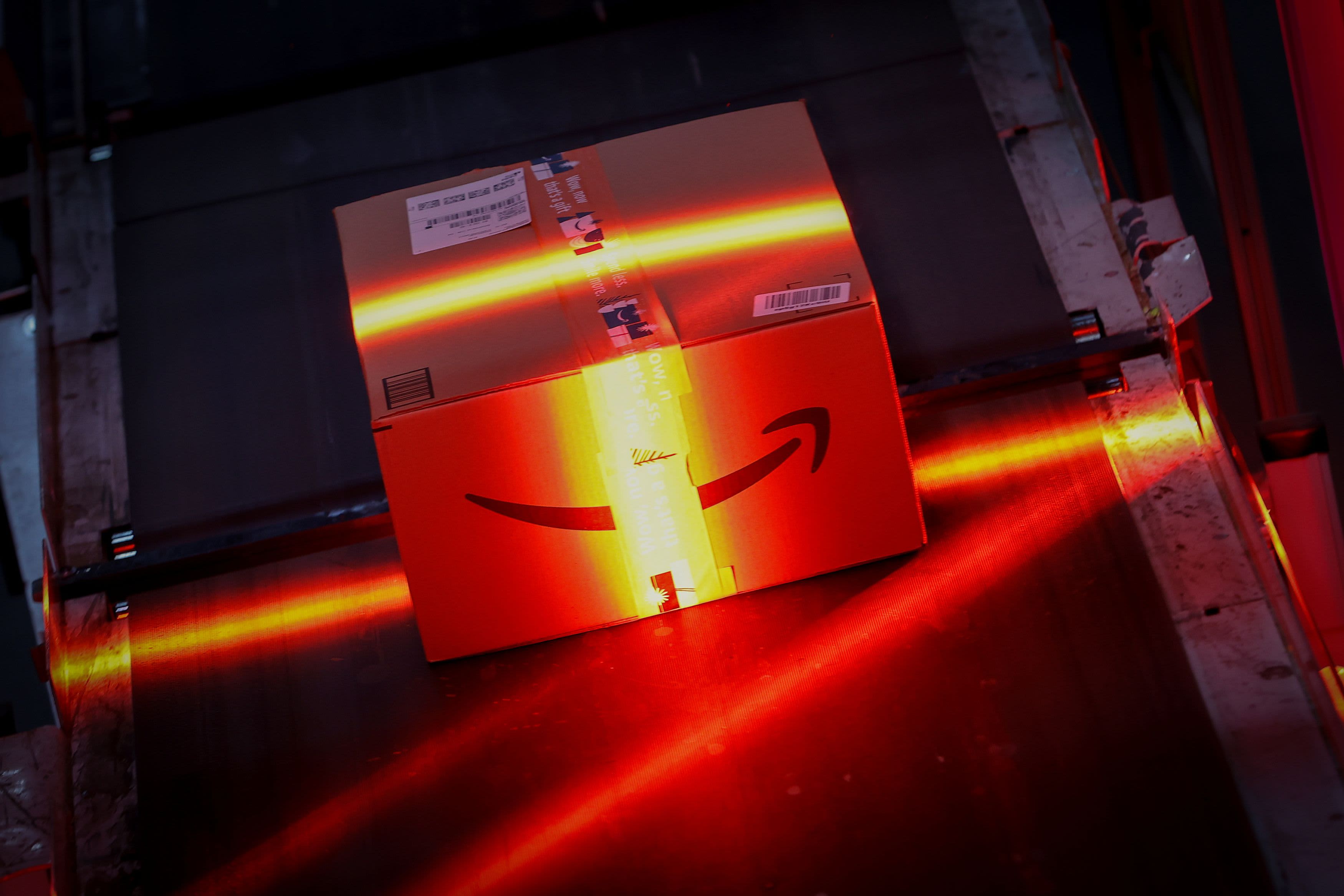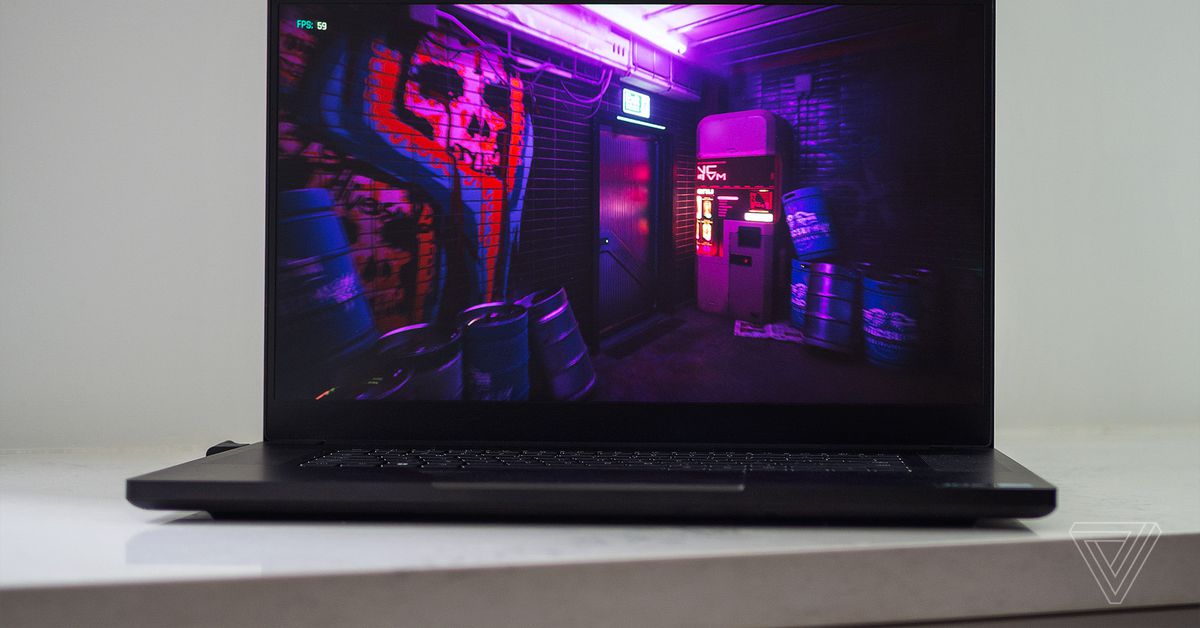Hyundai wants to help you put solar and batteries in your home
Hyundai Home aims to be a one-stop shop for sustainable energy products. | Image: HyundaiA sustainable future requires a multipronged approach. It’s more than just replacing a gas car with one that runs on electrons or sitting back and...
/cdn.vox-cdn.com/uploads/chorus_asset/file/24216082/Large_48624_HyundaiHomeBringsCleanAffordableSolarEnergyDirectlytoCustomers.jpg)
A sustainable future requires a multipronged approach. It’s more than just replacing a gas car with one that runs on electrons or sitting back and hoping that your local utility moves as quickly as possible to renewables.
For those with the means, solar panels paired with a home battery can add an additional layer of eco-consciousness and power stability to their lives. Yet navigating the myriad solar panel and home battery options is a daunting process fraught with confusion as more and more players enter the market and reviews of each system are nonexistent.
Enter Hyundai Home, a marketplace launched last week during the Los Angeles Auto Show with the goal of alleviating the perplexity of picking solar panels, a home battery storage solution, and an EV charging system that’s right for an individual home. Unlike offerings from Tesla and GM, Hyundai isn’t building or selling its own hardware. Instead, it partnered with established players in the industry.
Unlike offerings from Tesla and GM, Hyundai isn’t building or selling its own hardware
“A big piece was speed to market,” Hyundai’s senior group manager of strategic environmental partnerships Ian Tupper told The Verge. “We recognize that there’s a need for this market and that there are companies that provide great products out there already.”
Tupper pointed to Hyundai’s current partnership with Electrify America, a subsidiary of Volkswagen, as evidence of how well the company works with others in the space. Currently, new Hyundai EV owners are presented with limited complimentary charging at Electrify America stations.
For launch, Hyundai is working with ChargePoint for at-home charging stations, Enphase Energy for home batteries, Solaria for solar panels, and most importantly, Electrum to facilitate helping customers choose their home energy setup and guide them through the process with personal “energy advisors” that can answer questions, walk through the process, and help customers deal with issues even after everything has been installed.
One of the more important aspects of this marketplace is that Electrum can help make sure that all relevant federal, state, and local incentives are applied to the purchase price of the setup. This has become especially important as federal incentives toward solar panels have increased under the Inflation Reduction Act, which was signed into law earlier this year.
Image: Hyundai
The system pairs potential customers with a concierge that walks them through the system and makes sure that any incentives are applied. In addition to hardware partners, the advisor will send the potential customer three quotes from local electricians for the installation. This level of hand-holding is Hyundai’s way of hoping that it can differentiate itself from others with robust customer support.
“This whole thing is about accessibility. If we can’t make it super easy from the off, we’ll have customers wavering,” Tupper said.
Income-based incentives in some areas can be added to federal rebates, making adding solar panels to a home less expensive for those interested in renewable energy but who can’t afford the price tag. Hyundai hopes that being a one-stop shop for everyone interested in solar panels and EVs will help democratize the technology.
The automaker is also using its network of dealership partners to inform customers about Hyundai Home. Salespeople can share a link with those looking at EVs that are also asking questions about transitioning to solar panels and batteries as well as installing a charging station. There is a financial incentive for the dealership as they receive a commission when a customer signs up.
“If we can’t make it super easy from the off, we’ll have customers wavering.”
The dealership incentive is not only a nice way to make a few bucks but also answers questions they’re already being asked. Tupper said that dealerships were already fielding inquiries from people shopping for EVs about home energy solutions.
That shouldn’t be surprising. Home solar panel installations increased by 23 percent in 2021 versus 2020 based on the number of gigawatts installed nationally, according to the US Energy Information Administration. There will likely be another increase in installations in 2022 thanks in part to the tax rebate increasing from 26 percent to 30 percent because of the Inflation Reduction Act.
Yet, even ahead of the increased federal rebate, a Pew Research Center survey found that 39 percent of homeowners have considered installing solar panels to their homes in the past 12 months.
So there is a growing demand, and Hyundai continues to grow its EV portfolio with the recent unveiling of the Ioniq 6 as well as other offerings from other automakers under the Hyundai Motor umbrella, including the Kia EV6 and Genesis GV60. If you’re putting electric vehicles out into the world, it’s a good idea to make sure that the at-home charging experience is seamless, especially if customers are already asking you about the next steps.
At launch, Hyundai Home only works in 16 states. But Tupper says that they are working on adding additional states for the future but couldn’t commit to a timeline.
At launch, Hyundai Home only works in 16 states
“As we kind of meet our customer experience objectives and make sure that everything’s working, we will push it out as quickly as possible to the other states,” Tupper said. There are also more partners coming to the marketplace, including a potential charging station that supports vehicle-to-load capabilities since Hyundai’s vehicle supports the technology.
While Hyundai isn’t deploying its own hardware, it is filling an important role. In the transition to a more sustainable grid and transportation system, home energy production will likely play an important part. Right now, it’s a confusing mess trying to figure out which hardware solutions work best while also navigating federal, state, and local incentives. Even without its own gear being attached to homes, Hyundai might have just helped supercharge the transition.

 ShanonG
ShanonG 






























